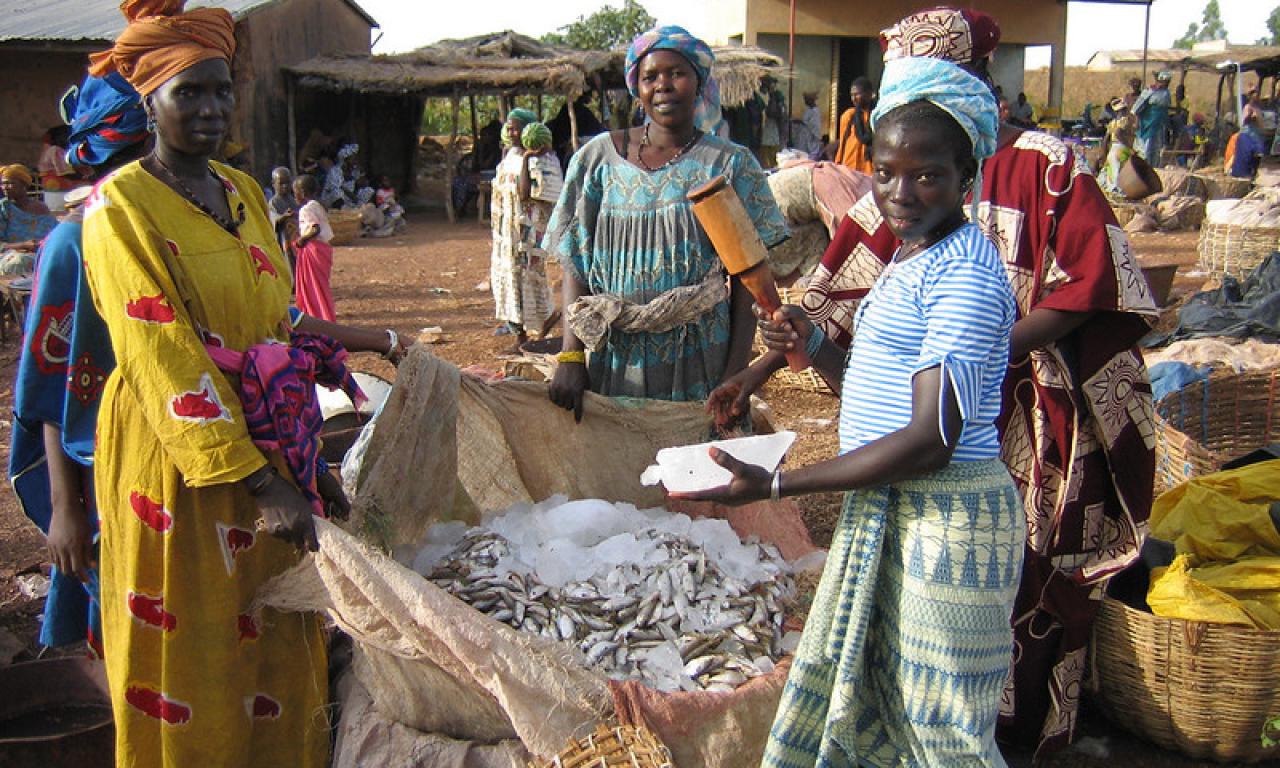
The COVID-19 crisis is unprecedented in its rapid transition from a localized public health emergency to a global calamity. This pandemic is shaping up to be an economic, political, and social watershed, accompanied by increased poverty and a potential food and nutrition crisis.
Existent gendered social dynamics and inequalities mean that while mortality rates from the virus are higher for men, women’s lives and livelihoods are affected by COVID-19 more deeply and in different ways. The pandemic and potential responses to it may exacerbate multi-faceted gender disparities, with women from marginalized groups hardest hit. These effects will reverberate through agriculture and span nutrition, health, safety, income, education, and governance.
This exerpt first appeared in the Policies, Institution and Markets website and it is republished here with the author’s permission.